Japanese vs. German Cars: Which Is Easier to Fix? Insights from Express Auto Repair
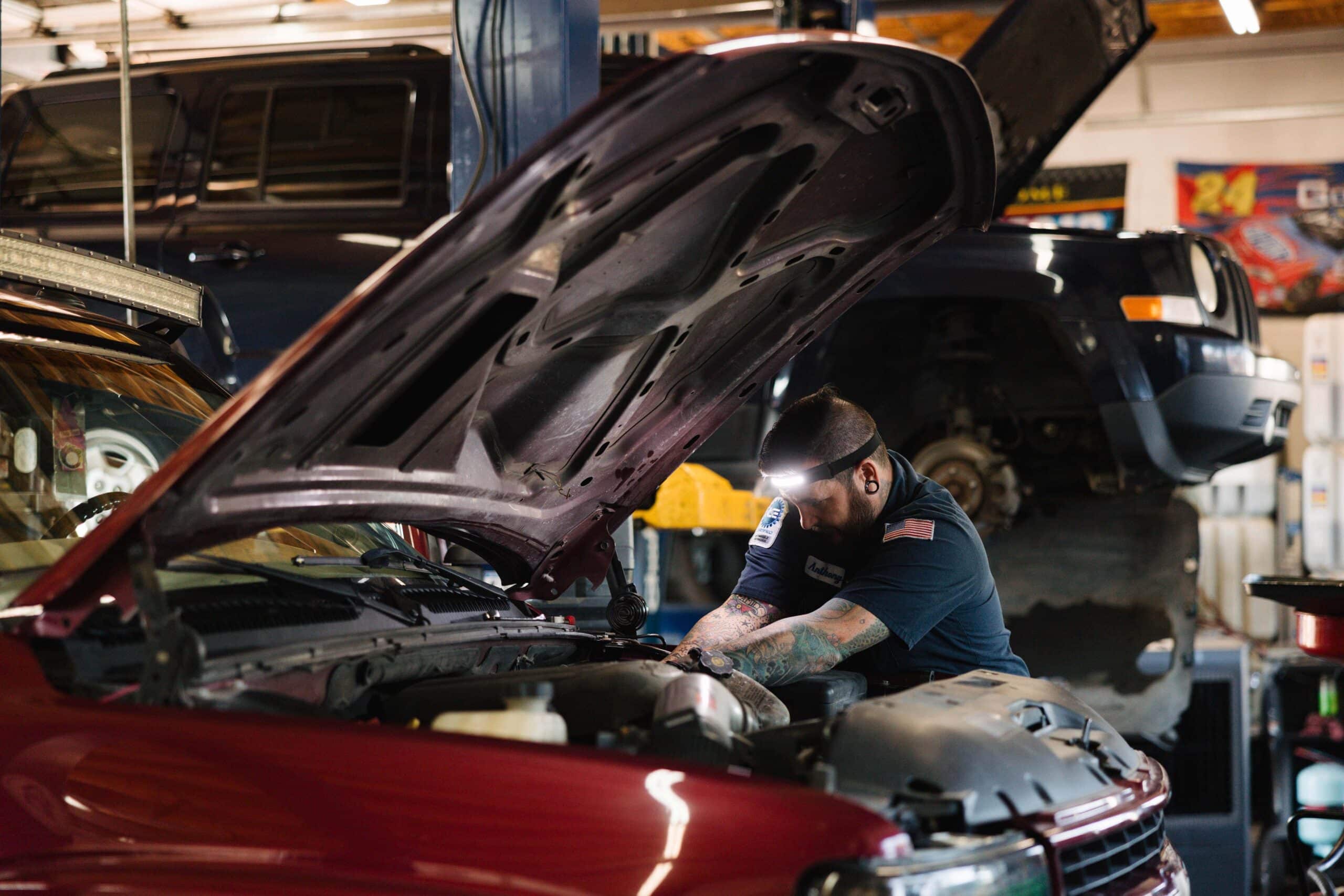
When it comes to choosing between a Japanese or German car, one question often arises: “Is a Japanese car easier to fix than a German car?” At Express Auto Repair in Colorado Springs, CO, we’ve worked extensively on both Japanese and German vehicles, giving us a unique perspective on this topic. Whether you own a Honda, Toyota, BMW, or Mercedes, understanding the differences in repair and maintenance can help you make informed decisions.
Understanding the Basics: Japanese vs. German Engineering
Japanese automakers like Toyota, Honda, and Subaru focus on reliability and simplicity, making their cars easier and more affordable to repair, in line with the Kaizen philosophy of continuous improvement. In contrast, German cars, renowned for precision engineering and high performance, often feature advanced technology and luxury elements that can result in more complex and costly repairs, requiring specialized tools and expertise.
Japanese vs. German Cars: A Side-by-Side Comparison
To help you understand whether a Japanese or German car is easier to fix, here’s a side-by-side comparison highlighting the key differences, pros, and cons of each.
Japanese Cars
Pros:
- Simplicity of Design: Japanese cars are known for their straightforward, modular design, making repairs easier and quicker.
- Cost-Effective Repairs: Due to the availability of parts and simpler engineering, repair costs are generally lower.
- Reliability: Japanese vehicles are highly reliable, often requiring fewer repairs over their lifetime.
- Ease of Maintenance: Routine maintenance, such as oil changes and brake work, is typically less labor-intensive, reducing both time and cost.
Cons:
- Performance Limitations: While reliable, Japanese cars may not offer the same high-performance features as German vehicles, which could be a consideration for enthusiasts.
- Less Advanced Technology: Japanese cars often prioritize reliability over cutting-edge technology, which may result in fewer luxury features.
German Cars
Pros:
- Advanced Engineering: German cars are renowned for their precision engineering and high-performance capabilities.
- Luxury and Technology: German vehicles often come equipped with advanced technology and luxurious features, offering a superior driving experience.
- Durability: When properly maintained, German cars can be incredibly durable and offer long-term value.
Cons:
- Complexity of Repairs: The advanced engineering that makes German cars perform so well also makes them more complex to repair, often requiring specialized tools and knowledge.
- Higher Repair Costs: Due to the complexity and the cost of parts, repairs on German cars can be more expensive.
- Frequent Maintenance: German cars may require more regular maintenance to keep their performance and technology at peak levels, which can add to overall costs.
Final Verdict: Is a Japanese Car Easier to Fix?
Yes, Japanese cars are generally easier to fix than German cars. Their design is simpler, and parts are more readily available, making repairs quicker and less expensive. German cars, while offering superior performance and advanced technology, require more specialized tools and expertise, which can lead to more complex and costly repairs. If ease of maintenance and repair costs are your priority, a Japanese car is likely the better choice.
The Importance of Choosing the Right Repair Shop
Whether you drive a Japanese or German car, choosing the right repair shop is essential. At Express Auto Repair in Colorado Springs, we’re proud to be the only NAPA Gold-certified and AAA-approved shop in the area, offering top-notch service. Our ASE Blue Seal Certified team has the expertise to handle the unique challenges of both Japanese and German vehicles, ensuring you receive accurate and reliable repairs every time.
FAQs
Are Japanese cars cheaper to repair than German cars?
Yes, on average, Japanese cars are cheaper to repair due to their simpler design and the lower cost of parts. However, this can vary depending on the specific make and model.
Do German cars require more maintenance?
German cars often require more frequent and specialized maintenance due to their advanced technology and engineering. This can lead to higher costs over the vehicle’s lifetime.
Can Express Auto Repair handle both Japanese and German vehicles?
Absolutely! Our team at Express Auto Repair is trained and certified to work on both Japanese and German vehicles, offering top-notch service for all your automotive needs.
Expert Care for Japanese and German Vehicles in Colorado Springs, CO
For hassle-free car repairs, whether you drive a Japanese or German vehicle, choose Express Auto Repair. Visit our main location at 3655 Galley Rd., Colorado Springs, CO 80909, or call (719) 630-8729. You can also stop by our second location at 5360 Montebello Ln., Colorado Springs, CO 80918, or reach us at (719) 358-9109. We’re here to keep you on the road with confidence!
Related Posts
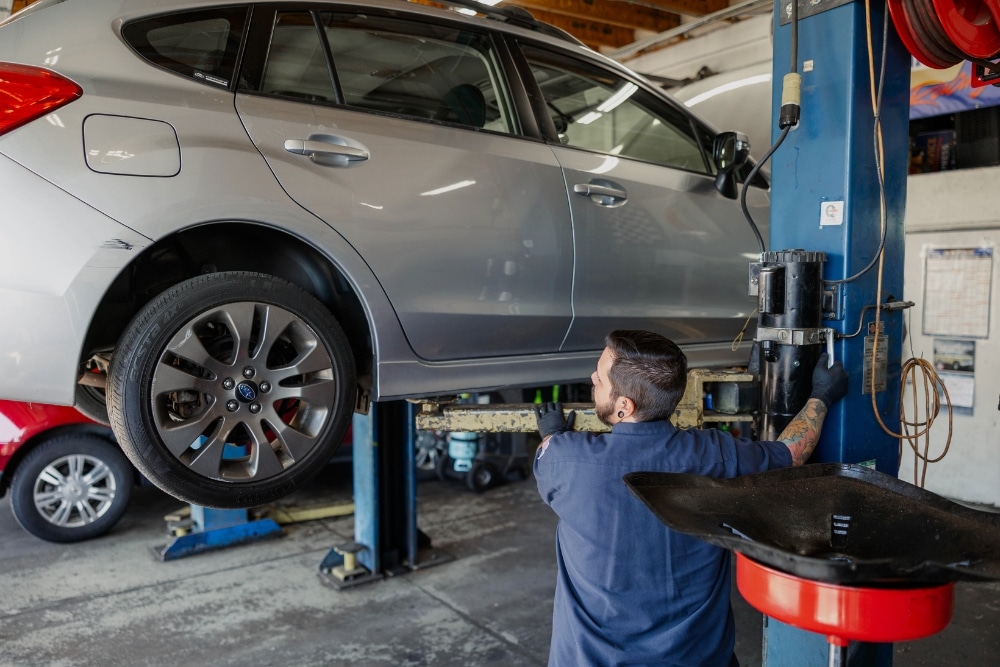
Trusted Auto Repair in Colorado Springs — Why Express Auto Repair Lasts
Express Auto Repair has been trusted for over 20 years, providing quality auto repair in Colorado Springs, CO
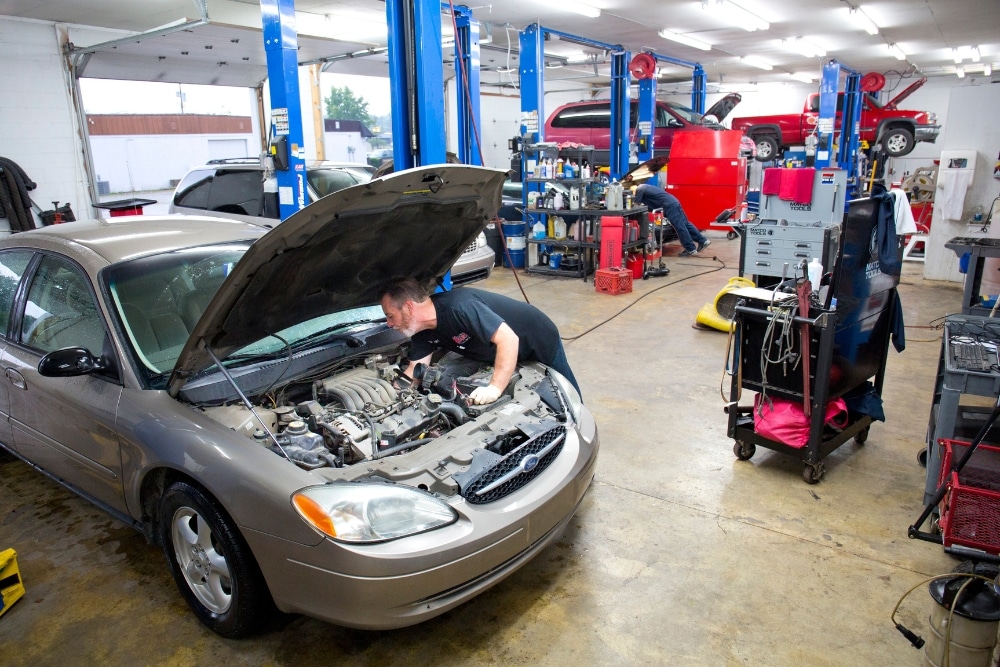
Late Summer Car Maintenance Tips for Colorado Springs Drivers
Late summer in Colorado Springs brings heat, storms, and traffic that strain your car. Express Auto Repair helps
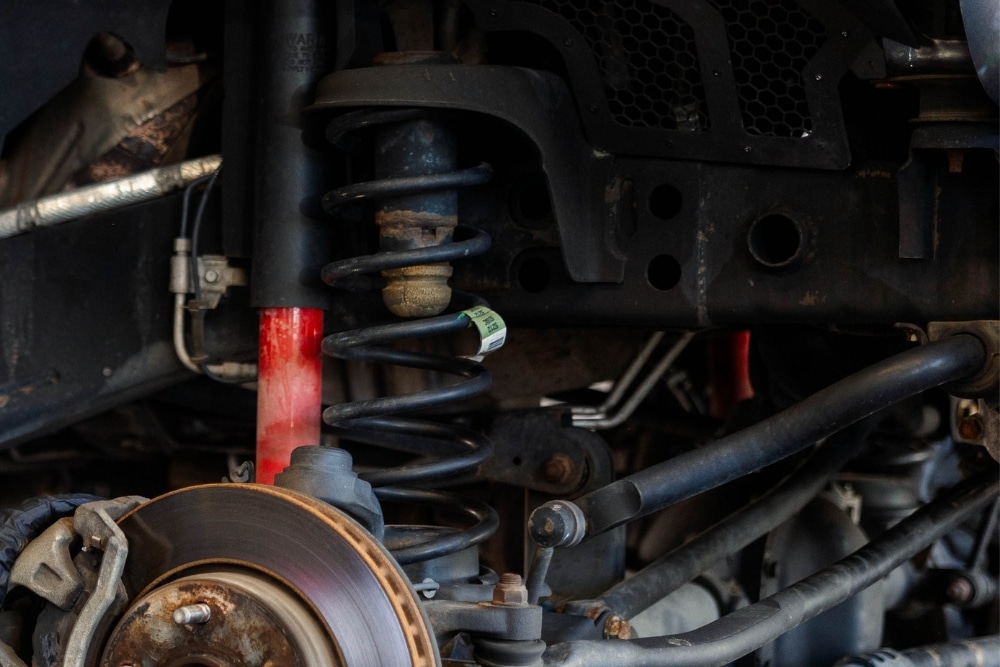
7 Warning Signs of Car Suspension Failure in Colorado Springs
Bumpy ride in Colorado Springs, CO? Express Auto Repair explains 7 signs of suspension failure so you can
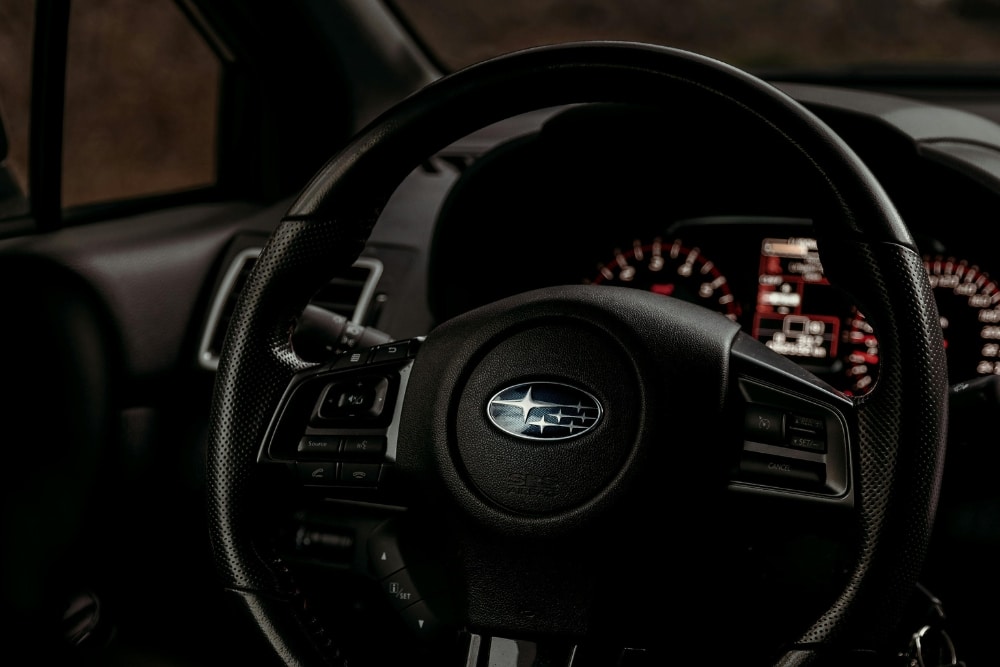
Why Your Steering Feels Heavy: Causes & Repair Options in Colorado Springs
Heavy steering in Colorado Springs, CO? Express Auto Repair finds the cause—fast. From fluid leaks to worn racks,
